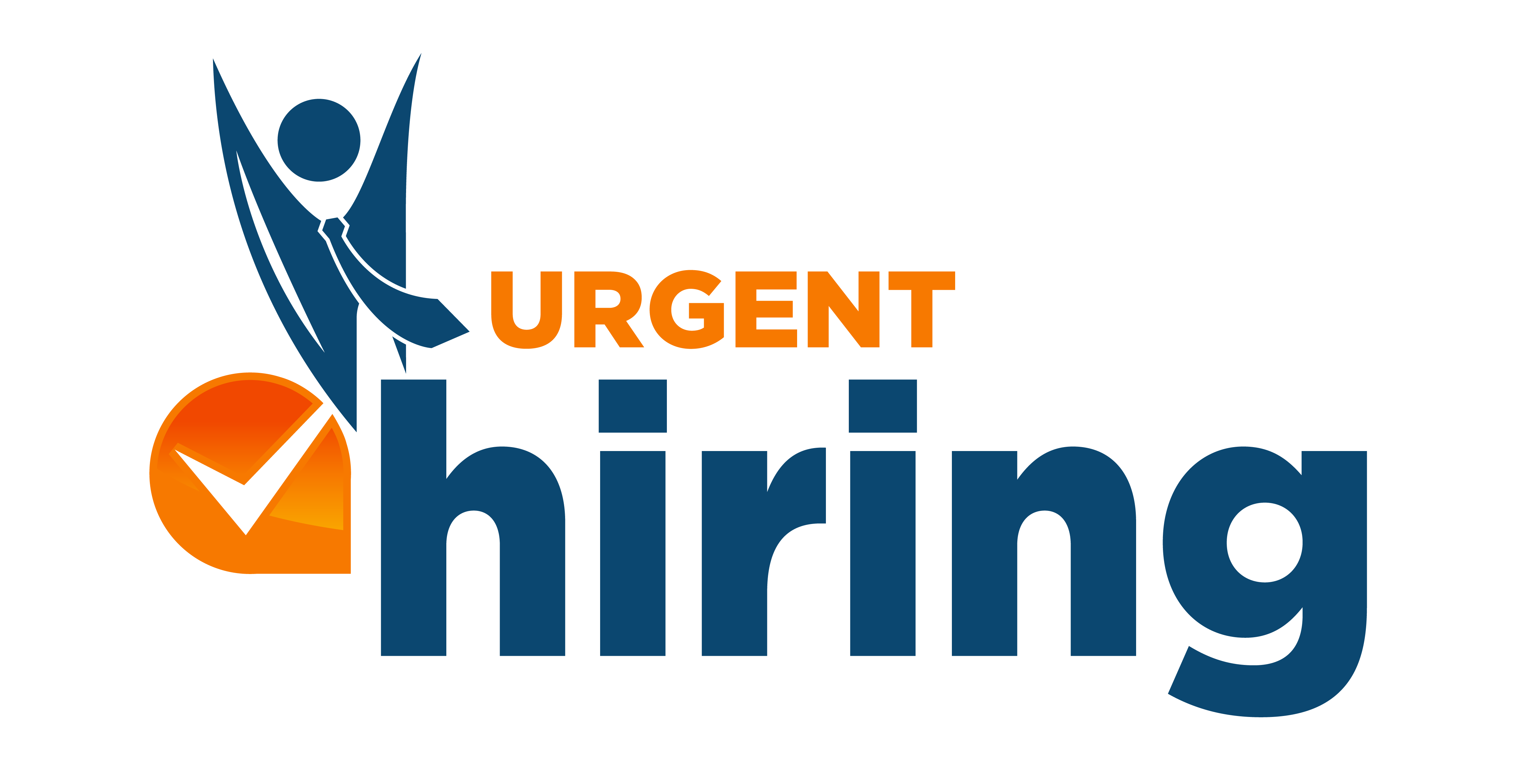Various types of technical interviews are commonly employed in the hiring process, each serving a specific purpose:
1. Re-interview Online Assessment:
Some organizations use online assessments, including basic knowledge tests or coding activities, to screen and narrow down the applicant pool.
These assessments are often timed and must be completed within a specific deadline, either before or after the initial phone screen.
2. Phone Interview:
Phone interviews are typically used for an initial screening and may involve background questions or discussions.
Candidates might be asked to input responses into a shared platform like Google Docs or engage in collaborative coding exercises using tools like Coder Pad.
3.On-site Interview:
The on-site interview often includes a technical component where candidates are assessed on specific topics, procedures, or products related to the job.
Activities in an on-site interview may include answering technical questions, sketching solutions on a whiteboard, or delivering a team presentation.
These interview types help employers evaluate a candidate’s knowledge, problem-solving skills, and ability to communicate technical concepts, contributing to a comprehensive assessment of their suitability for the role.

Preparing for technical interviews can be a challenging but rewarding process. Here are some strategies to enhance your preparation:
1.Solidify Fundamental Knowledge:
Focus on strengthening your understanding of core concepts in data structures, algorithms, and other relevant technical areas. Ensure clarity on the principles and underlying reasoning behind each concept.
2.Master Core Subjects:
Cover fundamental computer science topics such as Database Management Systems (DBMS), Object-Oriented Programming (OOPs), Computer Networks (C.N.), Operating Systems (O.S.), etc., in addition to data structures and algorithms.
3.Optimize Code Efficiency:
Practice writing code that is not only correct but also efficient. Emphasize optimizing for both time and space complexity. Utilize online compilers for languages like C++, Java, Python, or JavaScript to instantly test your code.
4.Research the Company:
Gain knowledge about the company’s products and technology stack. Understand the challenges the company faces, which will help you tailor your preparation to align with the specific needs and expectations of the organization.
5.Confidence is Key:
Maintain a calm and confident demeanor during interviews. While interviews can be stressful, staying composed is crucial. Practice deep breathing, stay focused, and showcase your abilities with confidence.
Remember that technical interviews not only assess your technical skills but also your problem-solving approach and communication. A well-rounded preparation approach addressing both technical and non-technical aspects will enhance your overall performance in technical interviews.
To effectively prepare for your tech interview, it’s crucial to practice articulating your thought process while solving problems. This gives insight into your personality, problem-solving skills, and how well you handle pressure. Here are some practical ways to practice:
1. Simulate Interviews:
– Enlist the help of a friend or colleague with technical expertise to play the role of an interviewer. Practicing out loud and explaining your thought process will help build confidence and improve your communication skills.
2. Engage in Competitive Programming and Hackathons:
– Participate in competitive programming challenges and hackathons. These activities provide opportunities to tackle real-world problems, enhance your coding skills, and practice explaining your solutions in a time-constrained environment.
3. Contribute to Open Source Projects:
– Engage in open-source contributions to collaborate with others and solve real-world coding issues. This not only builds your coding proficiency but also showcases your ability to work on meaningful projects.
4. Thoroughly Understand Your Projects:
– Be prepared to provide detailed explanations for any technical projects mentioned on your resume. Interviewers may delve into these projects to assess your depth of understanding, problem-solving approach, and contributions.
By incorporating these practices into your preparation routine, you’ll not only strengthen your technical skills but also enhance your ability to communicate your thought process effectively during interviews.
Certainly! Here are some important tips for preparing for technical interviews:
1. Review Relevant Course Topics:
– Identify and review key topics from your courses that are relevant to the position you’re applying for. Align your understanding with the job description and be ready to address questions about the required skills.
2. Examine Technical Projects:
– Thoroughly analyze technical projects from your academic and internship experiences. Be prepared to discuss your role, contributions, project overviews, challenges faced, and how you resolved them.
3. Understand Technical Tools and Skills:
– Build a strong foundation in technical tools and skills relevant to the position. Create a list of key areas to review before the interview, ensuring you can confidently showcase your abilities and passion for the work.
4. Coding Challenges Preparation:
– Some companies may include coding challenges in their interviews. Start your coding preparations early, reviewing past problems and interviews to familiarize yourself with potential scenarios.
5. Comfort with Unusual Situations:
– Develop the ability to handle unexpected scenarios. Demonstrate your understanding of problem nature, articulate your thought process in finding solutions, and showcase effective communication skills.
6. Handling Unknown Questions:
– If faced with an unfamiliar question during the interview, take a moment to think. Admit if you haven’t encountered a similar scenario, express your willingness to approach the problem methodically, and think out loud while seeking guidance.
7. Confidence in Responses:
– Employers evaluate not only the correctness of your answers but also your confidence, attitude, and comfort in addressing challenging questions. Project confidence in your responses.
8. Mock Interview Practice:
– Conduct mock interviews before the actual one to build confidence. Practice answering questions within a specified time frame, simulating the conditions of a technical interview to ensure readiness.
By incorporating these tips into your preparation routine, you can approach technical interviews with confidence, showcasing both your technical expertise and problem-solving abilities.
FAQs:
What is a technical assessment?
These tests indicate how well a candidate can apply coding and other technical abilities in various professional contexts. These examinations help in determining a candidate’s conceptual and practical knowledge of programming, development, testing, and debugging.
How to stand out during a technical interview?
To stand out in a technical interview you need to focus on solving problems clearly, communicate your thoughts clearly, show that you know the concepts, give well-organized solutions, and show your eagerness to stand out in a technical interview.
Are personal projects necessary for a technical interview?
Yes, personal projects are required for a technical interview. They highlight your practical talents, passion, and ability to apply information to real-world problems, which makes you a more enticing candidate.




